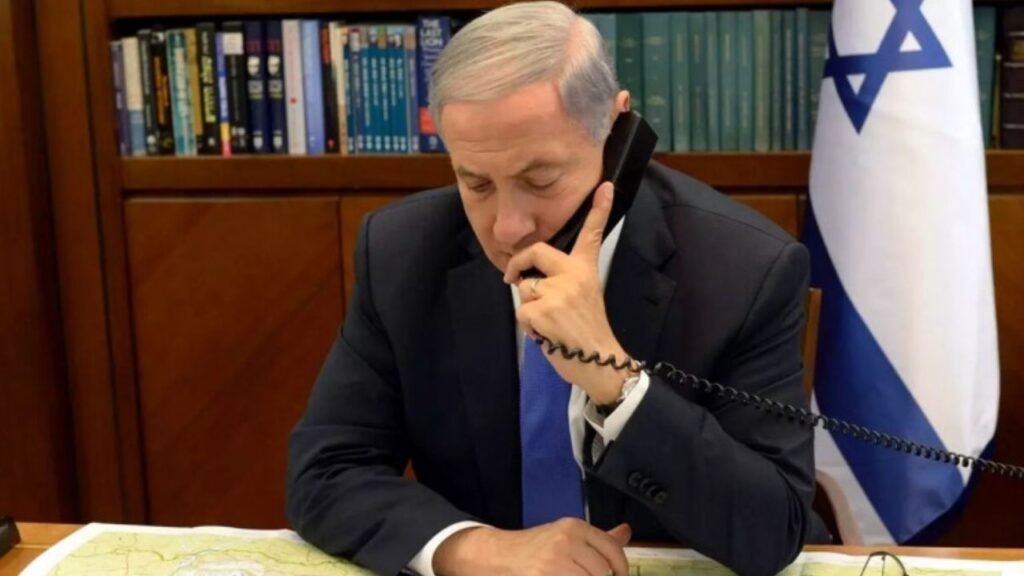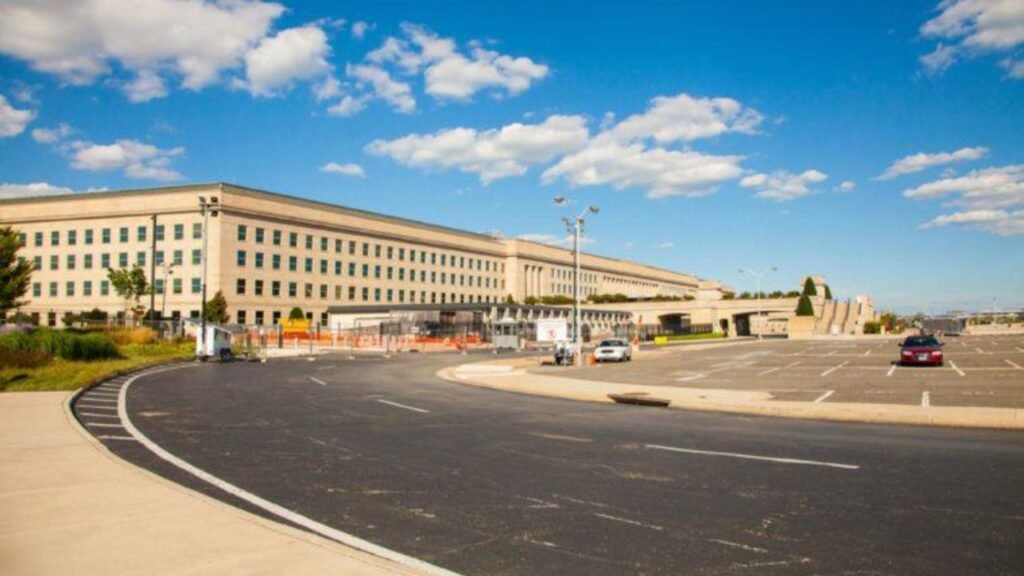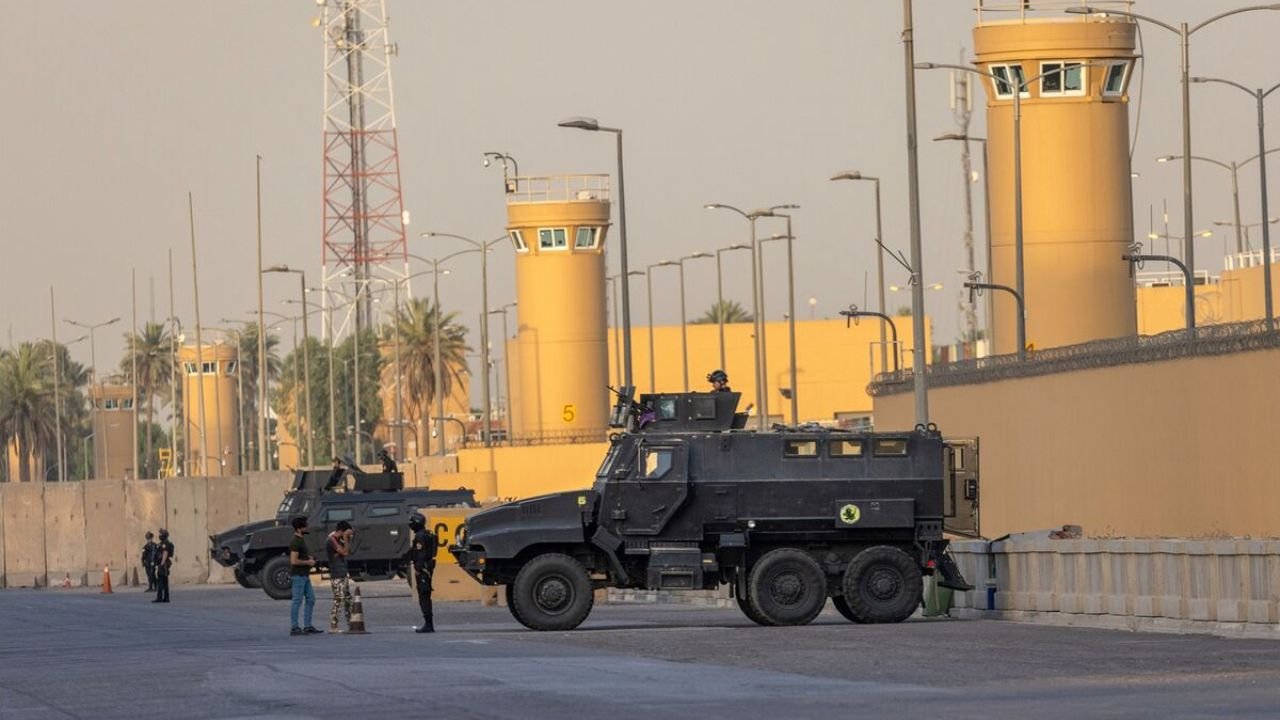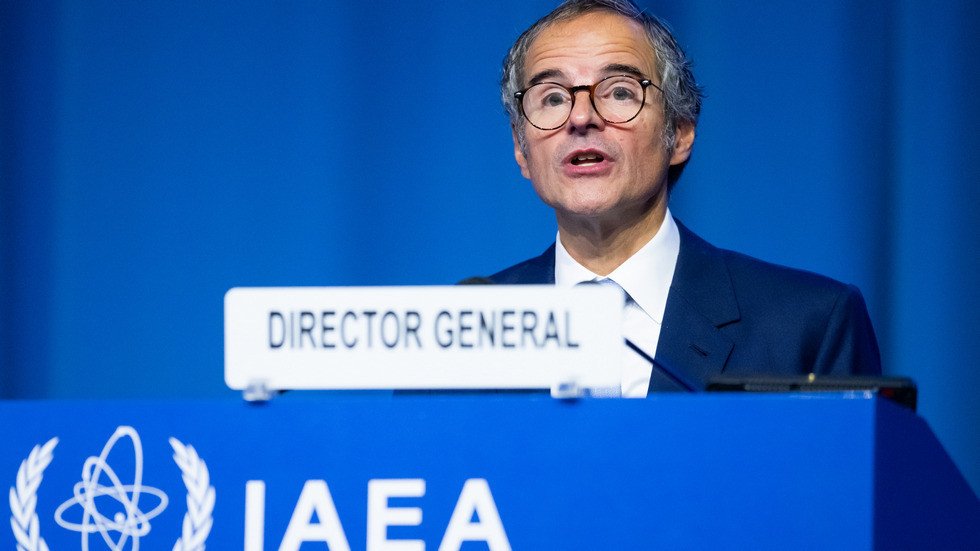The US Middle East envoy, Steve Witkoff, is nevertheless planning to meet with Iran on Sunday to discuss the Iranian nuclear program, officials told CBS.
Axios reported that Witkoff is set to meet Iran’s Foreign Minister Abbas Araghchi in Muscat.
A spokesperson from the US State Department said, “We are continually reviewing the appropriate personnel posture at all our embassies. This is based on our most recent assessment, which led to the decision to reduce our mission presence in Iraq.”
The department subsequently announced that it was prohibiting US government employees from traveling in Israel beyond the regions of Tel Aviv, Jerusalem, and Beersheba, citing heightened tensions in the region.
US President Donald Trump told reporters during a speech at the Kennedy Center in Washington DC on Wednesday evening that Americans had been warned not to travel in the region due to potential hazards, adding, “We will see what happens.”
Trump also reiterated that the US does not seek for Iran to have a nuclear weapon. “We will not tolerate it,” he said firmly.
The president has expressed his wish to reach an agreement that would prevent Tehran from developing a nuclear weapon.

On Tuesday, he had a 40-minute telephone conversation with Israeli Prime Minister Benjamin Netanyahu, who has long been a proponent of a military, rather than diplomatic, solution. The call was described as tense.
On Monday, the Board of Governors of the International Atomic Energy Agency (IAEA) convened a meeting in Vienna to discuss Iran’s nuclear program among other issues.
This meeting followed a report by the IAEA criticizing Tehran for insufficient cooperation, particularly regarding explanations about previously discovered nuclear material at undeclared facilities.
Iran termed the IAEA report biased and claimed it was based on forged documents provided by Israel.
The nuclear negotiations are at a very critical stage, and it remains unclear whether the US announcement is more of a signal or an expression of genuine concern.
However, Iranian Defence Minister Aziz Nasirzadeh stated that Iran would respond to US bases in the Middle East in the event that talks fail and the US military launches an attack on the Islamic Republic ordered by President Trump.
Additionally, US Defence Secretary Pete Hegseth authorized the voluntary departure of families of American military personnel serving in Middle Eastern countries such as Kuwait and Bahrain, according to Reuters.
Appearing before a congressional panel on Wednesday, Pentagon officials testified that there were enough signs to convince them that Iran is “marching toward something that would look a lot like a nuclear weapon.”
Iran maintains that its uranium enrichment program is intended solely to produce civilian energy and denies any attempts to develop an atomic bomb.
On Wednesday, the Maritime Trade Operations organization of the UK’s Royal Navy warned that rising military tensions in the Middle East could impact shipping routes.
Following news of the US evacuation, oil prices initially surged by over 4 percent due to fears that insecurity in the region could disrupt supply.
The US Defence Department currently has approximately 2,500 troops stationed in Iraq.

In January 2020, Iran launched missiles at airbases in Iraq housing US troops in retaliation for the US killing of top Iranian General Qasem Soleimani.
While the missile attack did not kill any US personnel, dozens of soldiers were later diagnosed with traumatic brain injuries.








